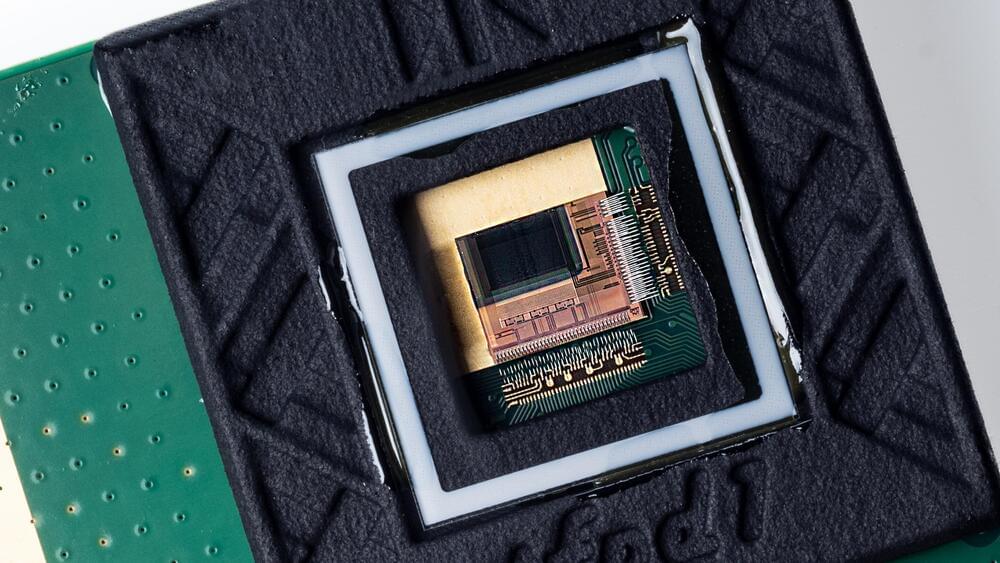The patented product, an AR windshield, utilizes a range of sensors such as visible light cameras and infrared cameras to create a 3D picture of the world.





Microsoft will drop support for the Cortana app in Windows before the end of this year, but it may be working on a new digital assistant for wearables. The company has filed a patent application for an AI-powered smart backpack.
The proposed backpack would have a camera, microphone and other sensors to collect visual and audio data from the surroundings. It could then use this contextual data to complete voice commands given by the user.
According to the patent filing, the backpack could provide navigation assistance, add calendar events, compare prices while shopping, and more. It would access the user’s data to help provide relevant information.



Samsung is the world’s biggest memory chip maker, and the company consistently keeps pushing the boundaries of technology to bring cutting-edge memory products. This time, however, the tech giant has outdone itself by developing a 256TB SSD. Yes, you’ve read it correctly. This is the first 256TB SSD in the industry, and Samsung has teased the latest product at Flash Memory Summit (FMS) 2023 in California, USA.
Samsung announces the world’s first 256TB SSD
As you might imagine, Samsung is aiming this 256TB SSD primarily at hyper-scale data centers. According to Samsung, it uses the 3D QLC NAND technology and consumes approximately seven times less power than stacking eight 32TB SSDs. The tech giant hasn’t revealed any other details about this flash drive. However, considering that it is made for data centers, it most likely has an ESDFF or NGSFF form factor.
The Maui fire. What happened. Many are pointing fingers at Hawian electric with many videos of downed powerlines. There is video taken at the Maui Bird Conservation Center in Makawao appears to show a power pole faulting just before 11 p.m. If Hawai electric turned of power when the winds were very strong there might have been a different scenario. Hundreds of kilometers to the south, Hurricane Dora was moving across the Pacific. On Maui, the wind blew, stronger than is usual for hurricanes on the island. The power then fails. Maui’s first reported wildfire last week may have been caused by damaged power lines, according to newly released research conducted by a power monitoring company. Bob… More.
Videos showing downed power lines apparently sparking some of the early blazes in Maui have become key evidence in search for cause.
This Olinda Fire footage captured by Maui Bird Conservation Center (MBCC) security camera shows the flash when a tree falls on a nearby power line. When the camera turns itself back on, powered by a back-up generator, the forest is ablaze.
Watch more videos on Independent TV: https://www.independent.co.uk/tv/editors-pick.
About The Independent:


Imec, a research and innovation hub in nanoelectronics and digital technologies, has presented the successful integration of a pinned photodiode structure in thin-film image sensors.
The report, published in the August 2023 edition of Nature Electronics, is titled “Thin-film image sensors with a pinned photodiode structure.” Initial results were presented at the 2023 edition of the International Image Sensors Workshop.
With the addition of a pinned-photogate and a transfer gate, the superior absorption qualities of thin-film imagers—beyond one µm wavelength—can finally be exploited, unlocking the potential of sensing light beyond the visible in a cost-efficient way.